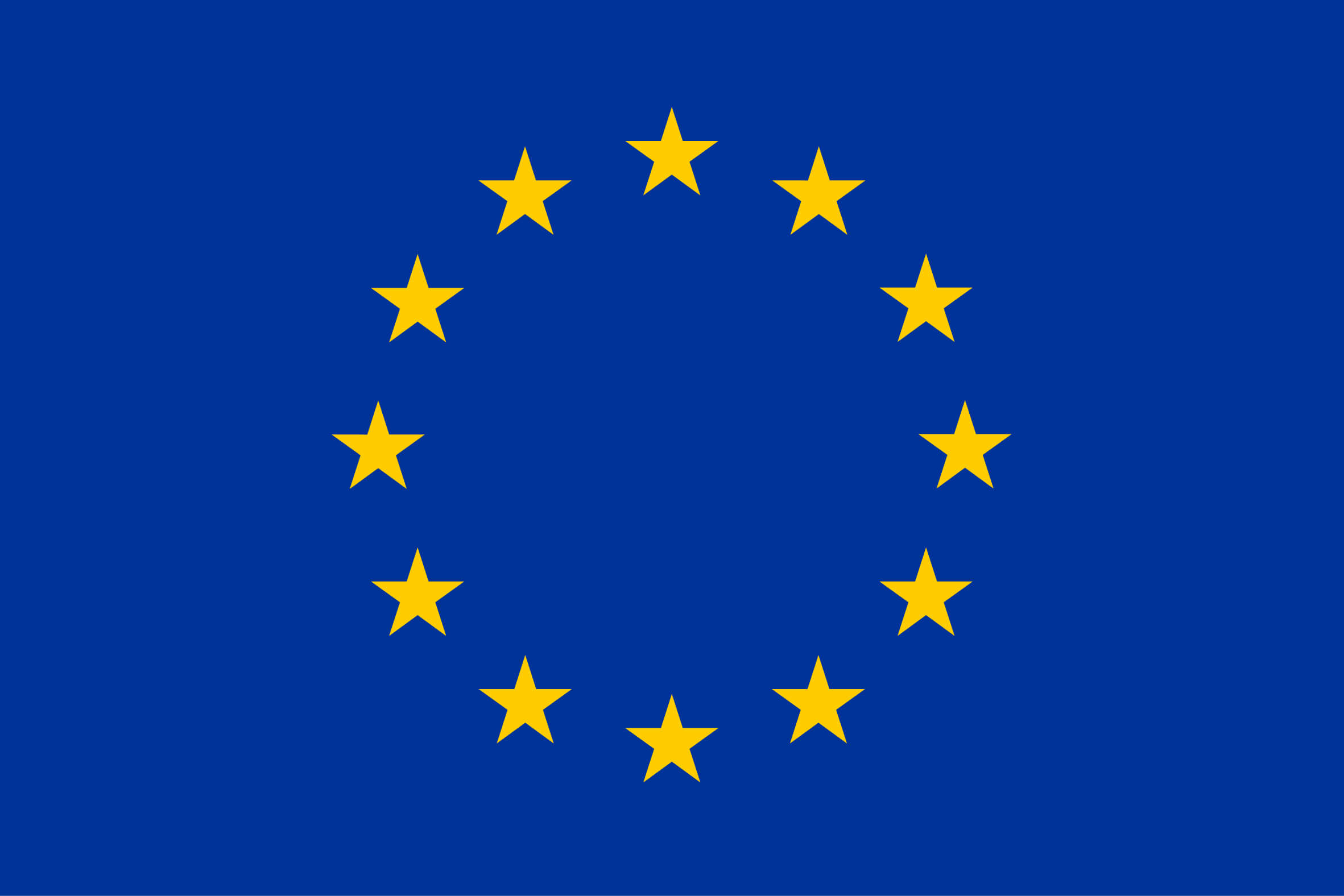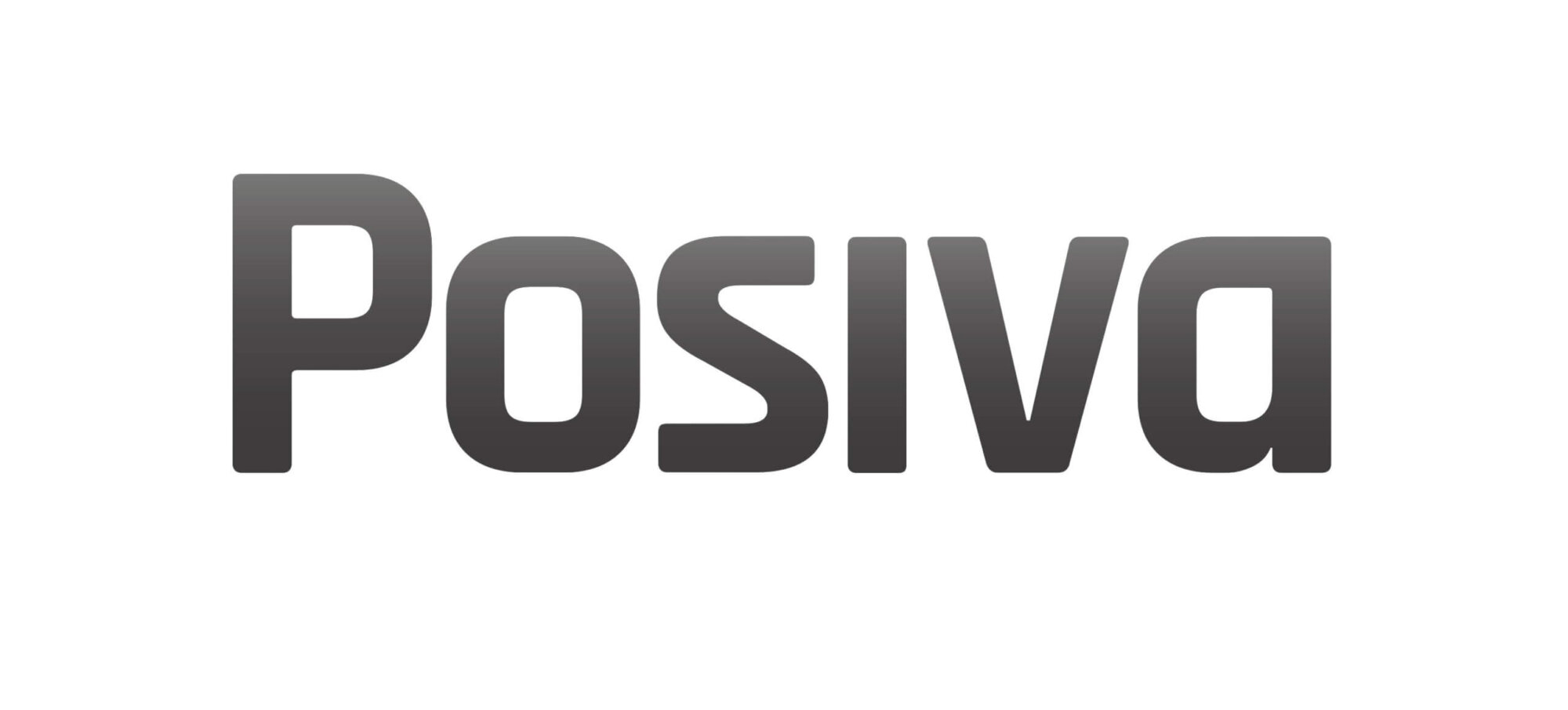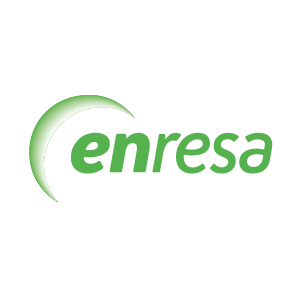PETRUS III: Implementing sustainable E&T programmes in the field of Radioactive Wastes Disposal
PETRUS III (Implementing sustainable education and training (E&T) programmes in the field of Radioactive Waste Disposal) was a three year project to develop E&T programmes to meet the needs of the European geological disposal community. The project built on and continued the work pursued by the previous two PETRUS projects. As the final project in the PETRUS initiative, there was focus on the sustainability of implemented programmes. The project aimed to develop accredited and recognised qualifications in the field of geological disposal and to support continuing research and training at the PhD level.
Overview
Project Dates: 01/09/2013 – 31/08/2016
Project Status: Finished
Project Website: N/A
Implementing the geological disposal of radioactive waste requires a diverse pool of talent with specific Education and Training (E&T) needs. The PETRUS III project aimed to ensure the continuation, renewal and improvement of professional skills by building suitable frameworks for implementing and delivering sustainable training programmes. Programmes such as these would fill the gap between the growing requirements of structured E&T programmes in geological disposal, and the extant offering in this field which had been found to be fairly limited.
Objective
The PETRUS III project built on the work of the previous PETRUS I and PETRUS II projects to develop a cooperative approach to E&T in the field of geological disposal. The main objectives of the project were:
- Practical implementation of the PETRUS training programme following ECVET (European Credit system for Vocational Education and Training) principles, with the sub-objective of:
- setting up an accredited and recognised qualification in geological disposal that can be achieved in parallel both through formal and PD (Professional Development) training programmes.
- Elaboration of multidisciplinary training and research framework for PhD students, with associated sub-objectives of:
- fast-tracking the research activities in geological disposal by proposing customised training programmes;
- organising periodic PhD workshops; and,
- enhancing the emergence of multidisciplinary research.
- Development of strategies and frameworks for maintaining PETRUS initiative over the long-term, with sub-objectives of:
- establishing a steering board for coordination and follow-up of the PETRUS educational programme;
- collaboration with the IGD-TP’s Competence Maintenance Education and Training (CMET) Working Group;
- creation of an integration framework to the ENEN structure for the overall management of the radioactive waste disposal E&T activities under the association umbrella; and,
- linking with the radiation protection platform EUTERP and related Euratom Fission Training Schemes (EFTS).
In addition, the PETRUS III project aimed to continue international cooperation by strengthening established international links, notably with China under the ECNET project and with the IAEA under the PETRUS II project.
Results
PETRUS III built on the work of preceding projects. The main outcomes of the project were:
- Working alongside the IGD-TP’s CMET Working Group and end users, the project identified the most needed job profiles.
- Three training units were developed based on learning outcomes for the role of safety engineer.
- A framework for setting up an educational programme to deliver recognised qualifications linked to the ECVET and European Credit Transfer and Accumulation System (ECTS) was defined.
- Two PETRUS PhD Conferences were held in Nancy in 2015 and in Delft in 2016, which included oral presentations and poster exhibitions by the students and high quality lectures delivered by international experts.
- A framework was developed for the “Doctoral School on waste disposal innovation”.
- A close working relationship was developed with the ENETRAP III project and materials were shared between the projects.
- A framework for the integration of radioactive waste disposal E&T activities under the umbrella of the ENEN Association was developed.
Much of the work of the PETRUS projects is carried forward under the umbrella of the ENEN Association, which contributes to the further development of expertise in the nuclear fields by higher education and training in Europe.




